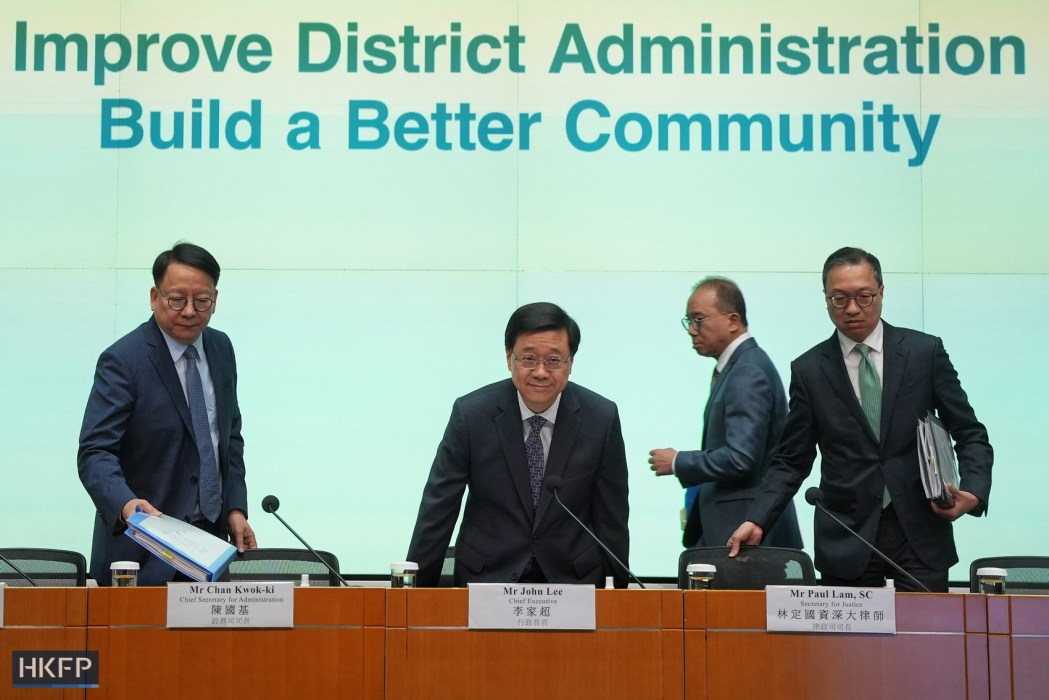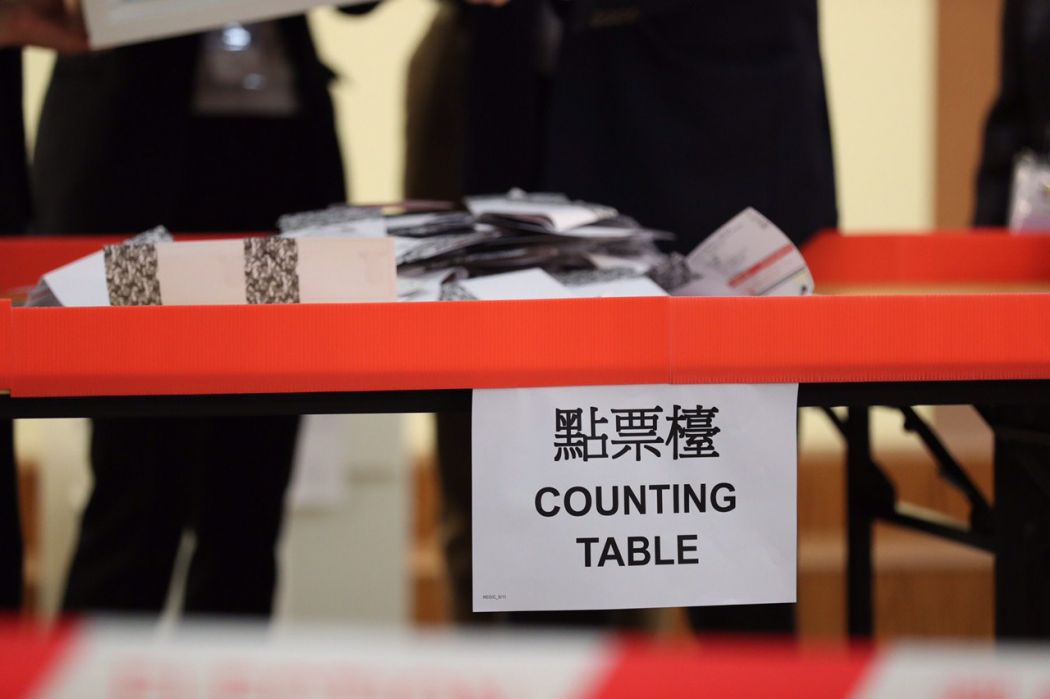District Councils in Hong Kong are undergoing a transformation that seeks to “depoliticise” them and refocus their emphasis on local community-level livelihood issues.

The modifications strive to eliminate “anti-China troublemakers” and individuals advocating separatism and violence by “manipulating and paralysing” the councils. The new administrative bodies will have 470 representatives, with only 20 per cent elected by popular vote. Despite some who may be concerned about the electorate’s diminished influence, these adjustments – in my opinion – will undoubtedly be advantageous to Hong Kong residents.
See also: Hong Kong District Councils: Where has public opinion gone?
To begin with, we must understand the purpose of District Councils. They are defined as a body to be “consulted by the government” on local matters such district facilities, sanitation, and housing under Article 97 of the Basic Law. This indicates that their primary function is to represent and convey the opinions of the people to the government. The same article states, unequivocally, that District Councils “are not organs of political power.” This implies that their operations are confined and limited to a consultative function, rather than connected to independent policy decision-making.
Hong Kong is not the only place that consults non-elected officials. Many US communities have appointed citizen boards that provide guidance to local governments on matters including land use and development, housing policy, and economic expansion. These organisations are appointed by the mayor or other municipal leaders, not by the general public. While they do not make autonomous policy decisions, their criticisms, recommendations and suggestions can have a significant impact on local policy. Notably, there are currently over 300 advisory committees in New York City that are nominated by the mayor rather than elected by the general public.

The District Councils remain an essential component of Hong Kong’s political structure. They enable citizens the opportunity to actively participate in local governance and to express their opinions on a variety of topics and issues. District councillors are an additional tier of supervision for the government’s policies, since they can raise and address situations where which may have been ignored or neglected by the government. Furthermore, by providing a venue for dialogue and discussion, they assist in bridging the communication gap between the public and the administration. Contrary to what those who oppose China may assert, the revamped district councils have at least five substantial advantages.
1. Promoting local-level governance
With the impending modification, District Councils may now refocus on enhancing local infrastructure, public services, and residents’ daily lives. Government representatives will serve as the chairpersons of a municipal-level body that will continue to work towards a common objective that benefits the local community. Effective governance can be achieved through the direct nomination of qualified and experienced district members, ensuring that the community’s concerns are addressed.

2. Political stability and effectiveness
This restructuring will promote political stability and ensure that District Councils remain operational. This ensures that the councils will not be hijacked by politicians with ulterior motives, as this has been a source of concern for the Chinese government. The central government values political stability, and has ensured that district-level governance will be trouble-free with this overhaul.
3. National security
The revamped process for candidates will involve national security vetting, meaning nominees will only be selected following an extensive screening process. The effort seeks to prevent individuals, who may be inciting separatism and violence, or anti-China activities, from influencing the District Councils. This ensures stability, but also enhances national security and eliminates threats that can undermine our peaceful environment.
4. Better public service provision
The local administrative bodies are expected to deliver enhanced public services to citizens as a result of the reforms. District councillors will be selected for their knowledge and competence in their respective fields, which will result in better decision-making and service delivery.
5. A new era of governance
The overhaul ushers in a new era of governance in Hong Kong. The new councils will be more focused with community issues, and the newly-appointed candidates will be more responsible and accountable. The reforms seek to empower the right individuals to represent and speak up for the community’s interests. It means the beginning of a new chapter in Hong Kong’s governance, and residents can anticipate an effective and functional administration.

“The chaos that once happened in district councils pushed Hong Kong to the edge of a cliff, with some threatening national security,” said Chief Executive John Lee last week, while unveiling the overhaul. “I will not allow any attempts by district councillors to sabotage the interests of Hong Kong and force residents to jump off the cliff with them.”
In essence, the restructuring of Hong Kong’s local administrative bodies should be regarded as a positive step toward effective and efficient governance. It heralds a new period of stability and advancement for locals, allowing them greater control over their own lives. Hong Kong may look forward to a brighter future with a renewed emphasis on unity and collaboration. While some might disagree, promoting political stability and effectiveness is critical, and the restructuring seeks to do exactly that. Adopting this novel paradigm allows us to envision a more functional government that prioritises the needs of the population.
Support HKFP | Policies & Ethics | Error/typo? | Contact Us | Newsletter | Transparency & Annual Report | Apps
Help safeguard press freedom & keep HKFP free for all readers by supporting our team
| HKFP is an impartial platform & does not necessarily share the views of opinion writers or advertisers. HKFP presents a diversity of views & regularly invites figures across the political spectrum to write for us. Press freedom is guaranteed under the Basic Law, security law, Bill of Rights and Chinese constitution. Opinion pieces aim to point out errors or defects in the government, law or policies, or aim to suggest ideas or alterations via legal means without an intention of hatred, discontent or hostility against the authorities or other communities. |

More HKFP OPINION:
HKFP has an impartial stance, transparent funding, and balanced coverage guided by an Ethics Code and Corrections Policy.
Support press freedom & help us surpass 1,000 monthly Patrons: 100% independent, governed by an ethics code & not-for-profit.










